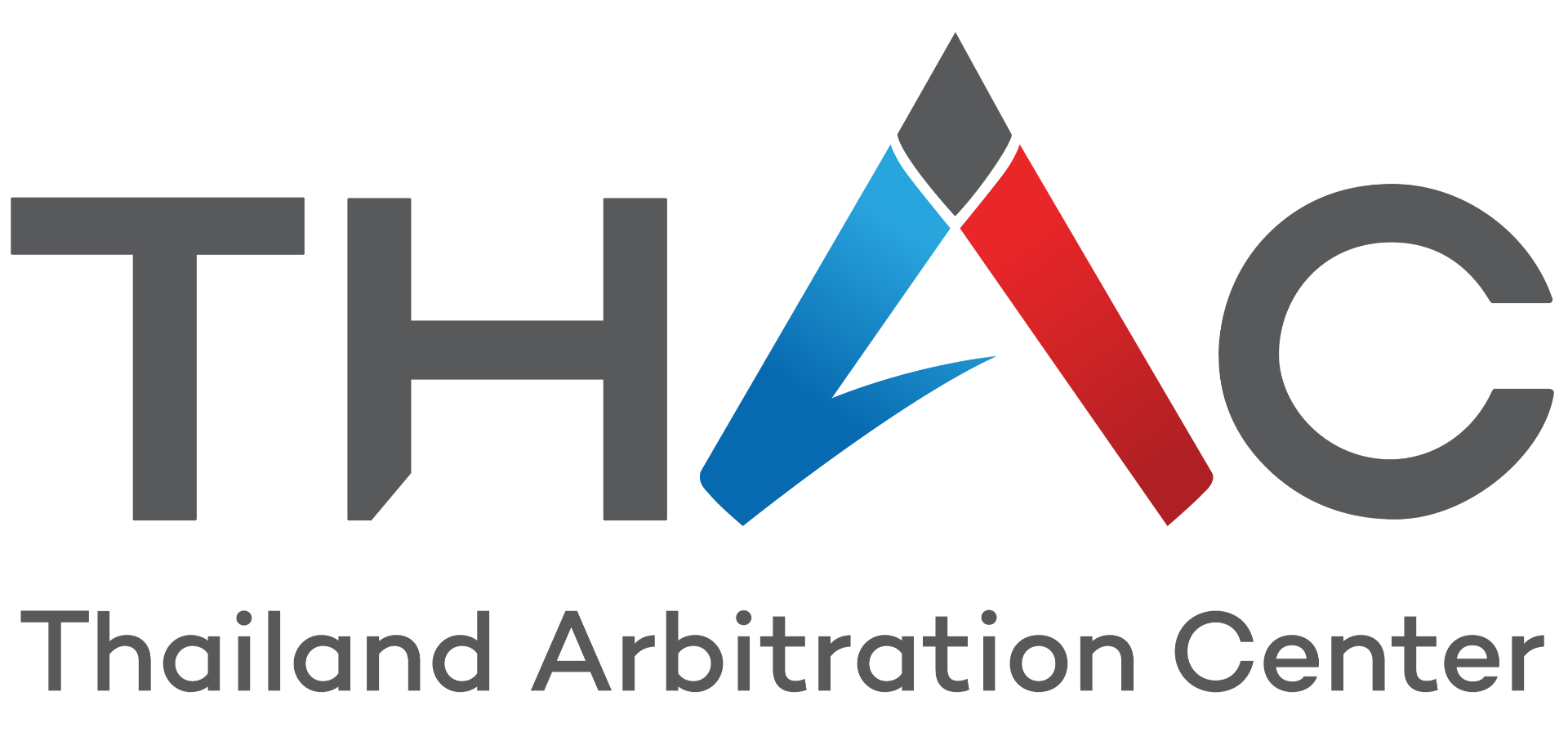
Navigating the Future of Disputes: International Arbitration Trends in 2024

The landscape of international business is constantly evolving, and with it, the mechanisms for resolving cross-border disputes. International arbitration has long been a favored method for businesses seeking neutral, efficient, and enforceable solutions to their conflicts.
As we delve into 2024, several international arbitration trends are shaping the future of arbitration, particularly in emerging markets like Southeast Asia. Let’s explore these trends and their implications for businesses operating on the global stage.
Get to Know International Arbitration
International arbitration is a private dispute resolution process where parties agree to submit their disagreements to a neutral third party (the arbitrator or a panel of arbitrators) for a binding decision. This method offers several advantages over litigation in national courts, including:
Neutrality
Arbitrators are typically chosen by the parties, ensuring a neutral forum for resolving disputes.
Expertise
Arbitrators often have specialized knowledge in the relevant industry or legal field.
Enforceability
Arbitral awards are generally recognized and enforced in most countries under the New York Convention.
Confidentiality
Arbitration proceedings are usually private, protecting sensitive business information.
International Arbitration Trends in 2024
The following trends are shaping the future of international arbitration in 2024:
1. The Rise of Technology
The advancement of technology is playing an increasingly significant role in international arbitration. Virtual hearings, electronic document management, and online dispute resolution (ODR) platforms are becoming commonplace. In addition, artificial intelligence (AI) is also being explored for tasks like document review and legal research.
2. Environmental, Social, and Governance (ESG) Disputes
The growing focus on environmental and social issues, as well as new government regulations regarding the environment, is leading to a rise in ESG-related disputes. These cases often involve claims related to climate change, human rights abuses, and corporate governance.
3. The Growth of Third-Party Funding
Third-party funding, where external investors finance arbitration cases in exchange for a share of the potential award, is becoming more prevalent. This is opening up access to justice for parties who may not have the resources to pursue arbitration on their own.
4. Increased Scrutiny of Arbitrator Impartiality and Independence
There is growing scrutiny of arbitrator impartiality and independence, with parties seeking to ensure that arbitrators are free from any conflicts of interest.
5. Enforcement Challenges
While arbitral awards are generally enforceable, challenges can arise in certain jurisdictions, especially in international disputes. This is a complex issue that requires careful navigation and legal expertise.
A Look Into Arbitration Trends in Southeast Asia
Southeast Asia is an emerging market in arbitration, with Singapore and Hong Kong solidifying their positions as major arbitration hubs. The region is experiencing a surge in infrastructure and construction projects, which often lead to disputes requiring resolution through arbitration.
Some of the key arbitration trends in South East Asia include:
Growth of Institutional Arbitration
The Singapore International Arbitration Centre (SIAC) and the Hong Kong International Arbitration Centre (HKIAC) are witnessing a significant increase in caseload.
Focus on Investor-State Disputes
The region is seeing a rise in investor-state disputes, particularly in the energy and natural resources sectors.
Adoption of Technology
Similar to other parts of the globe, Southeast Asian arbitration centers are embracing technology to enhance efficiency and accessibility.
Emphasis on Local Expertise
There is a growing demand for arbitrators with expertise in Southeast Asian law and culture.
International Arbitration Statistics: A Snapshot of Global Trends

International arbitration is a growing field, with the number of cases filed with major arbitration institutions steadily increasing each year. In 2023, the International Chamber of Commerce (ICC) reported a record number of new case filings, reflecting the continued popularity of arbitration as a dispute resolution mechanism.
As you may see, international arbitration continues to gain momentum as a preferred method for resolving cross-border disputes. International arbitration statistics from 2023 paint a vibrant picture of this global trend:
Parties from Diverse Jurisdictions
The 2023 filings saw parties hailing from 141 jurisdictions worldwide, underscoring the truly international nature of arbitration. Notably, there was a marked increase in parties from Central and Eastern Europe, North America, and the Middle East.
Global Reach and Preferred Seats
Arbitrations were seated in 116 cities across 63 countries, highlighting the broad reach of this dispute resolution mechanism. Paris, London, Geneva, New York, and Singapore remained the top five preferred arbitration seats.
Promoting Diversity and Gender Representation
The international arbitration community is making strides towards greater diversity. Nearly 30% of all arbitrators confirmed or appointed in 2023 were women, with the ICC Court appointing women arbitrators in 41% of cases.
Emergency Arbitration on the Rise
The use of emergency arbitration, a rapid interim relief mechanism, is increasing, with 28 applications filed in 2023. This demonstrates the growing need for swift and effective dispute-resolution solutions in urgent situations.
These figures not only illustrate the continued relevance and growth of international arbitration into 2024 but also highlight important trends, such as the increasing diversity of parties and arbitrators involved, as well as the adaptability of the process to address urgent international disputes.
International arbitration remains a vital tool for resolving cross-border disputes, and the international arbitration trends in 2024 suggest continued growth and evolution in the field. The rise of technology, the focus on ESG issues, and the increasing importance of emerging markets like Southeast Asia are all shaping the future of international arbitration.
By understanding these trends and following arbitration regulations updates, businesses, and legal professionals can better prepare for and navigate the complexities of cross-border disputes.
Should you need help regarding international arbitration that stems from Thailand, consider specialized assistance in alternative dispute resolution and the services of the Thai Arbitration Center (THAC)—a leading institution in Thailand that provides expert arbitration and mediation services, helping parties resolve disputes efficiently and effectively.
Take the first step towards resolving your dispute efficiently and effectively.
Contact THAC: thac.or.th/contacts/
About THAC
As an international arbitration institution, THAC specializes in providing effective and impartial dispute resolution services. Our team of seasoned arbitrators and mediators brings a wealth of experience to the table, ensuring that your business disputes are handled with the utmost expertise and professionalism.
If you have questions about our arbitration services or any other legal services, please get in touch with us at:
Email: [email protected]
Call: +66 (0)2018 1615
THAC is looking forward to helping you.



